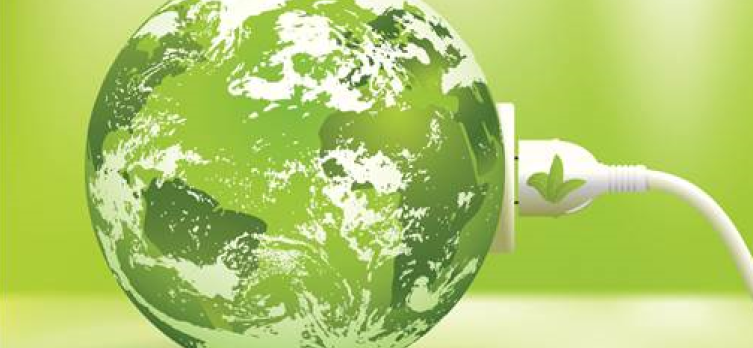Events

Discussions about energy efficiency have often focused on its ability to reduce things: lower energy consumption, lower energy expenditures, and lower GHG emissions. But in many emerging economies and developing countries, the focus remains on growth and poverty alleviation, and the additional goods and services needed to produce these gains. More freight services, more business activities, more housing, more education and health services, and also more energy consumption for many developing countries.
And this increased energy consumption in developing countries is actually consistent with international climate goals. The International Energy Agency (IEA) assumes a 30% increase in energy demand in these countries through 2040 under its two degrees scenario – and, at the same time, energy efficiency is the largest contributor under this scenario to decarbonization, larger than renewables. But, ironically, energy efficiency remains hampered, in part, by this perception that it is a tool to reduce rather than expand as the focus in developing, and in many developed countries, remains on growth.
Moreover, tools to analyze the impact of energy efficiency on growth from more goods and services (the ‘direct growth impacts’) are lacking, as much attention has been placed on the positive growth impacts derived from energy savings, lower fuel imports, etc. (the ‘indirect growth impacts’). Developing the analytics to identify and analyze these ‘direct growth impacts’ can help policymakers to better understand the impact of energy efficiency and potentially to give it the greater weight it deserves within the development toolkit.
Moderator
Martina Bosi, Senior Energy Economist, ESMAP and Energy and Extractives Global Practice, The World Bank
Presenters
Philippe Benoit, Managing Director, Energy Global Infrastructure Advisory Services 2050 (Download Presentation)
Philippe Benoit headed until recently the Energy Efficiency Division at the International Energy Agency where he was responsible for the agency’s work in analyzing and promoting energy efficiency policies. Under his leadership, the IEA launched various new initiatives, including the Energy Efficiency Market Report, the Energy Efficiency Multiple Benefits workstream and the “Energy Efficiency in Emerging Economies” program in which the IEA expanded its work in China, Mexico, India, Indonesia and other developing countries. Philippe was previously the Energy Sector Manager for the World Bank’s LAC region and a Director in SG Investment Bank’s energy project finance department.
Discussants
Ashok Sarkar, Senior Energy Specialist, Extractives Global Practice, The World Bank
Jonathan Sinton, Senior Energy Specialist, Extractives Global Practice, The World Bank